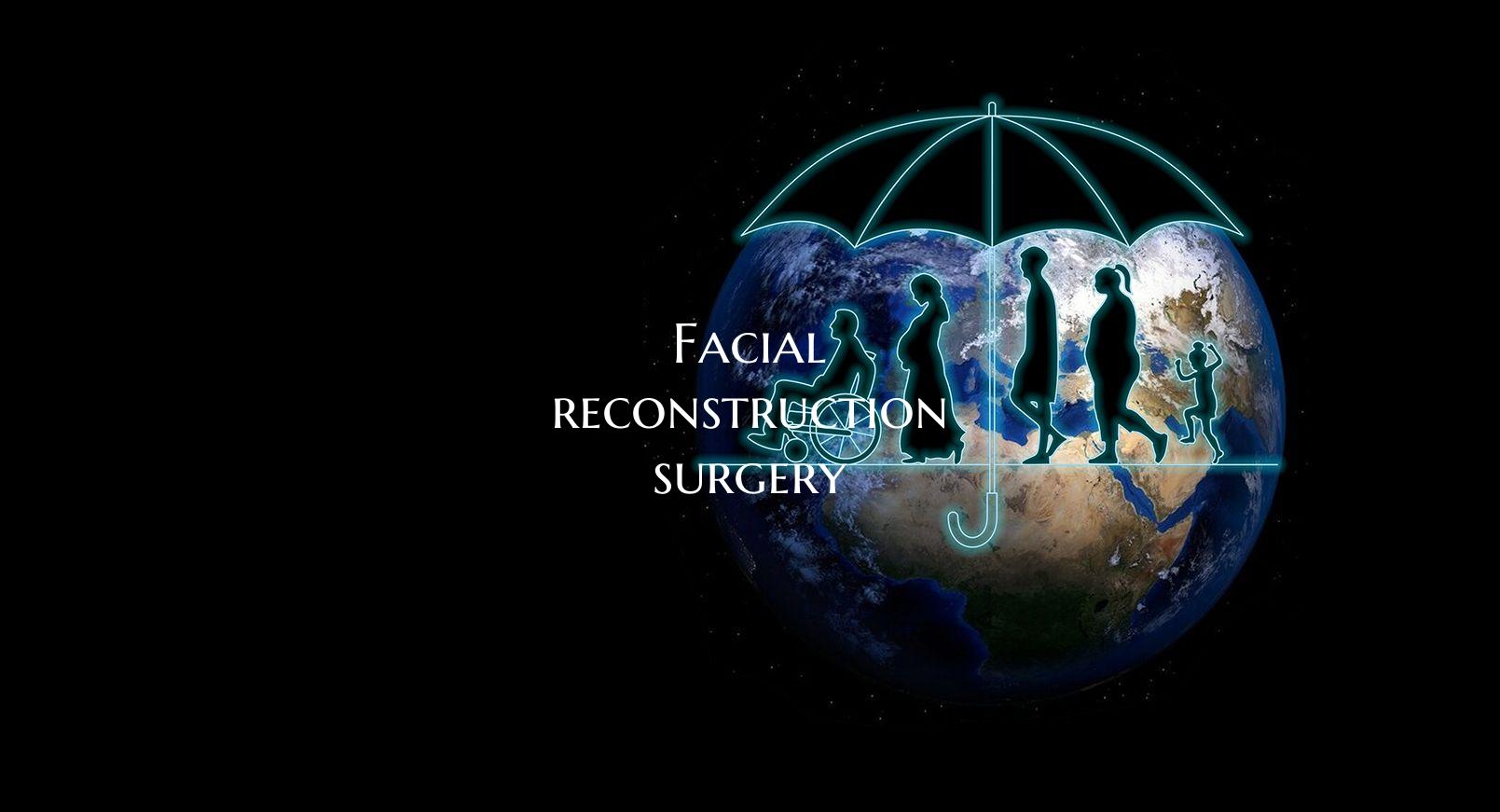
Facial reconstruction surgery
Facial reconstruction surgery is a specialized field of plastic surgery that focuses on restoring the facial appearance and functionality of individuals who have experienced trauma, injury, congenital defects, or underwent surgery for cancer treatment. This intricate surgical procedure requires a careful and meticulous approach to help patients regain their confidence and quality of life.
### Importance of Facial Reconstruction Surgery
1. Restoring the Facial Aesthetics: Facial features play a significant role in an individual's identity and self-esteem. Facial reconstruction surgery aims to restore symmetry, proportions, and aesthetics to bring back a sense of normalcy to the face.
2. Improving Functionality: In cases where facial trauma has affected the functionality of the facial structures, reconstruction surgery can help improve functions such as breathing, chewing, speaking, and facial expressions.
3. Enhancing Quality of Life: The emotional and psychological impact of facial disfigurement can be profound. Facial reconstruction surgery not only addresses physical deformities but also helps patients regain their confidence, social interactions, and overall quality of life.
### Procedures Involved in Facial Reconstruction Surgery
1. Facial Fracture Repair: This involves realigning and securing broken bones in the face to restore facial structure and function.
2. Soft Tissue Reconstruction: This includes repairing damaged skin, muscle, and nerve tissues through techniques like skin grafts, local tissue flaps, or microvascular surgery.
3. Bone Grafting: In cases of significant bone loss or deformities, bone grafts from the patient's body or synthetic materials may be used to reconstruct facial bones.
4. Scar Revision: Techniques such as laser therapy, dermabrasion, or tissue expansion may be employed to improve the appearance of scars resulting from trauma or previous surgeries.
### The Role of a Facial Reconstruction Surgeon
Facial reconstruction surgeons are highly specialized professionals who possess both surgical skill and artistic precision. They work closely with patients to develop personalized treatment plans tailored to their unique needs and goals. These surgeons collaborate with multidisciplinary teams, including plastic surgeons, otolaryngologists, ophthalmologists, and other specialists, to provide comprehensive care for the best possible outcomes.
### Conclusion
Facial reconstruction surgery represents a vital aspect of plastic surgery that goes beyond mere cosmetic enhancements. It serves as a beacon of hope for individuals who have suffered facial trauma or abnormalities, offering them a chance to reclaim their physical appearance, functionality, and sense of self. Through advancements in surgical techniques and technologies, facial reconstruction surgery continues to evolve, providing transformative solutions and restoring lives one face at a time.